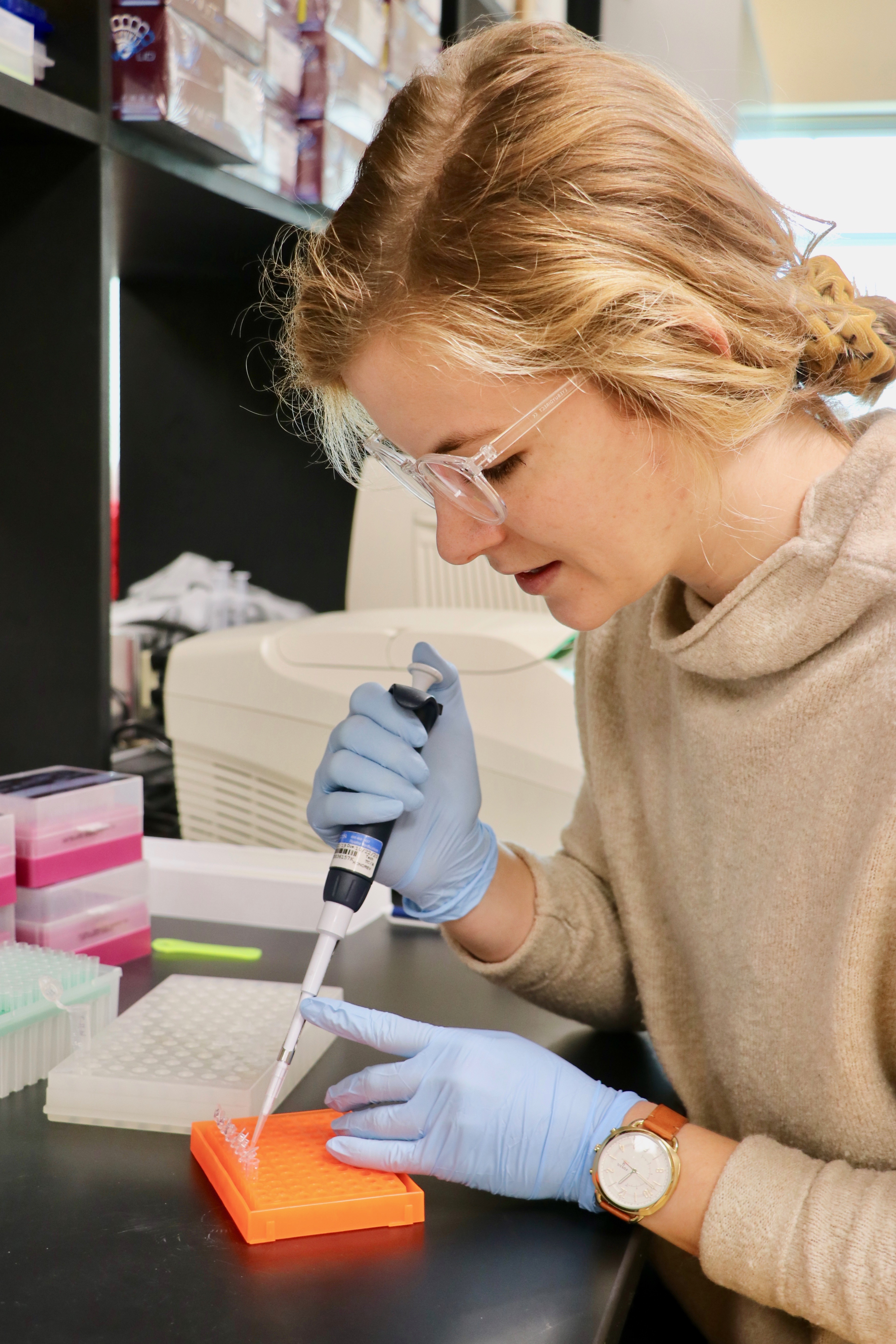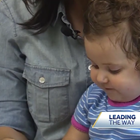 The annual Research Symposium at Kansas City University (KCU) always draws an enthusiastic crowd of scientists and future physicians to campus for live science lectures and poster presentations. This year, the COVID-19 pandemic changed the delivery of the event but it did not change the enthusiasm and passion for its faculty and students’ medical research. KCU hosted a virtual Research Symposium in which 144 students took part in 90 poster presentations; six students were invited to present live in front of judges, faculty, fellow presenters and guests who joined from locations across the United States.
The annual Research Symposium at Kansas City University (KCU) always draws an enthusiastic crowd of scientists and future physicians to campus for live science lectures and poster presentations. This year, the COVID-19 pandemic changed the delivery of the event but it did not change the enthusiasm and passion for its faculty and students’ medical research. KCU hosted a virtual Research Symposium in which 144 students took part in 90 poster presentations; six students were invited to present live in front of judges, faculty, fellow presenters and guests who joined from locations across the United States.
“The acumen of our students was clearly on display in this event,” said Jeff Staudinger, PhD, who helped organize the symposium. “The speakers were calm, articulate, and handled questions with relative ease and grace.”
The diversity of KCU’s programs was evident. Research presentations ranged from students in the clinical psychology doctoral program (PsyD), to the College of Biosciences (COB) Master of Science program, to students in the College of Osteopathic Medicine. Topics ranged from retrospective chart reviews, traditional survey and scale measurements, and complex biochemistry. Laboratory molecular biology experiments were also on display.
Michael Weaver, a third year medical student at KCU-Joplin scored first place in the live presentation category for his research presentation titled Use of trial registry data in ophthalmology systematic reviews and meta-analyses.
“My project is different from what you generally think of when you hear the word research,” Weaver said. “I looked at other research and critically evaluated it to see if it was the kind of research that we should be basing medical opinion on.” While presenting via a computer camera was challenging Weaver is grateful for the experience. “As a speaker it’s difficult to convey energy and build off of the audience when they are muted on a screen. But at the same time it was really great to know that people all over the mid-west were able to come together and watch the presentation. I think that was really cool.”
Also placing in the top three live presentations:
Reid Gamble - Trans-specific Geriatric Health Assessment (TGHA): An inclusive clinical guideline for the geriatric transgender patient in a primary care setting.
Karen Tong - Impact of Obesity on Short-Term Outcomes in Hospitalized Sepsis Patients
In his poster presentation, Keanon Swan, a student in the College of Biosciences placed first for his research titled Promoter Identification and Activation of Dp260 Dystrophin Isoform.
“My research focuses on finding a drug to treat neuromuscular diseases in a new way by allowing the body's own normally dormant machinery to fix itself,” Swan said. “The biggest benefit this research would have is that it avoids the "rejection issues" and many other complications that other treatment options to this date have had.”
Also placing in the poster competition:
Suyuan Tan - The Effects of Adipose CGI-58 On Thermoregulation and Glucose Homeostasis in Mice
In a Tie:
Edward Dorfman - Delayed Microvascular Injury in Doxorubicin Treated Mouse Hearts
and
Kaitlyn Small - The Sensitivity of Clinical Symptoms of Malaria in Rural Kenya
Both Weaver and Swan have submitted their work for publication.
Additionally, 18 faculty members participated in the symposium in 55 poster presentations and mentored five students in the live presentations.
_20231212142823_0_20231218172027_0.png?w=140&h=140)
_20240823155745_0.png?w=140&h=140)
